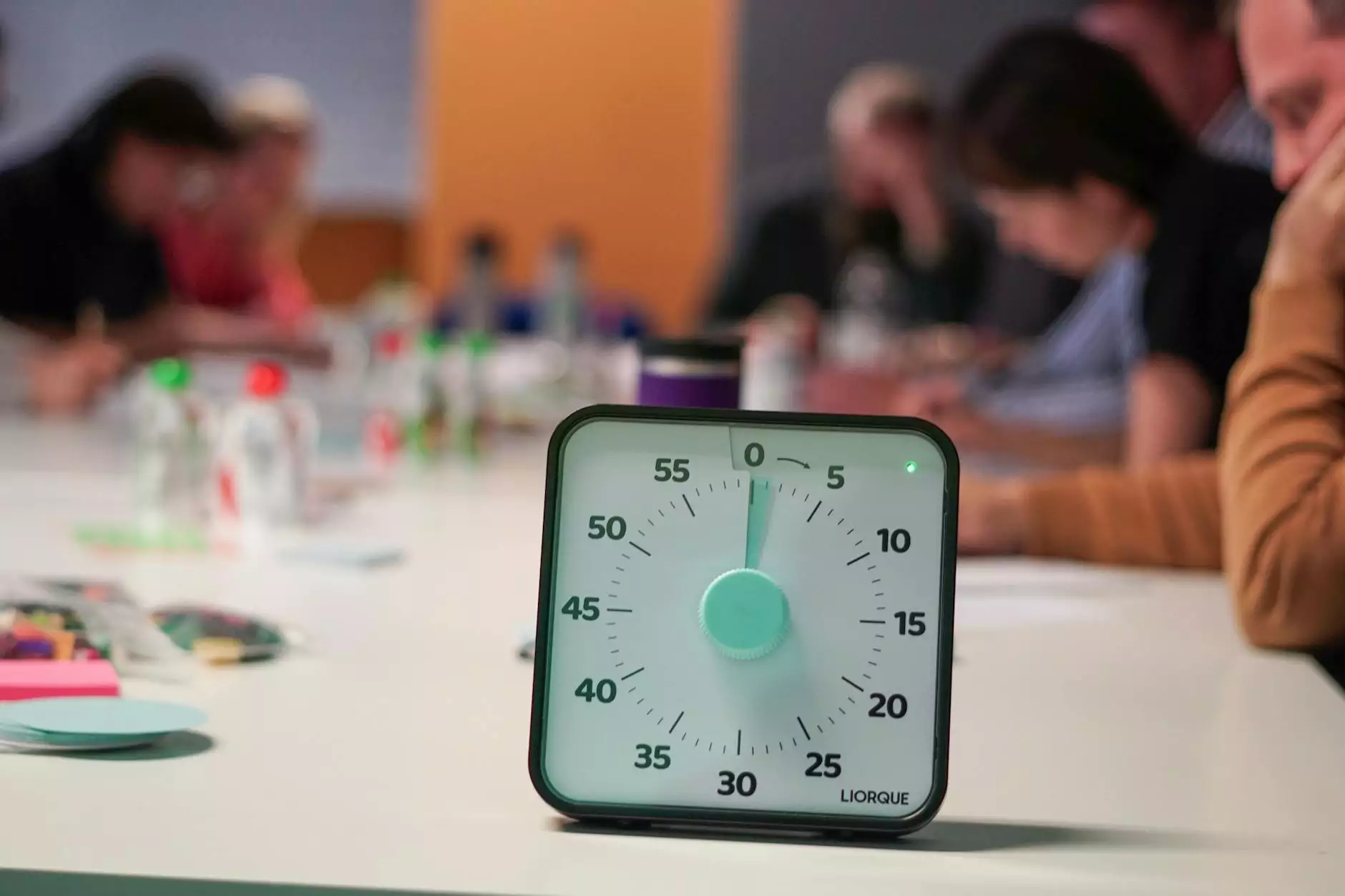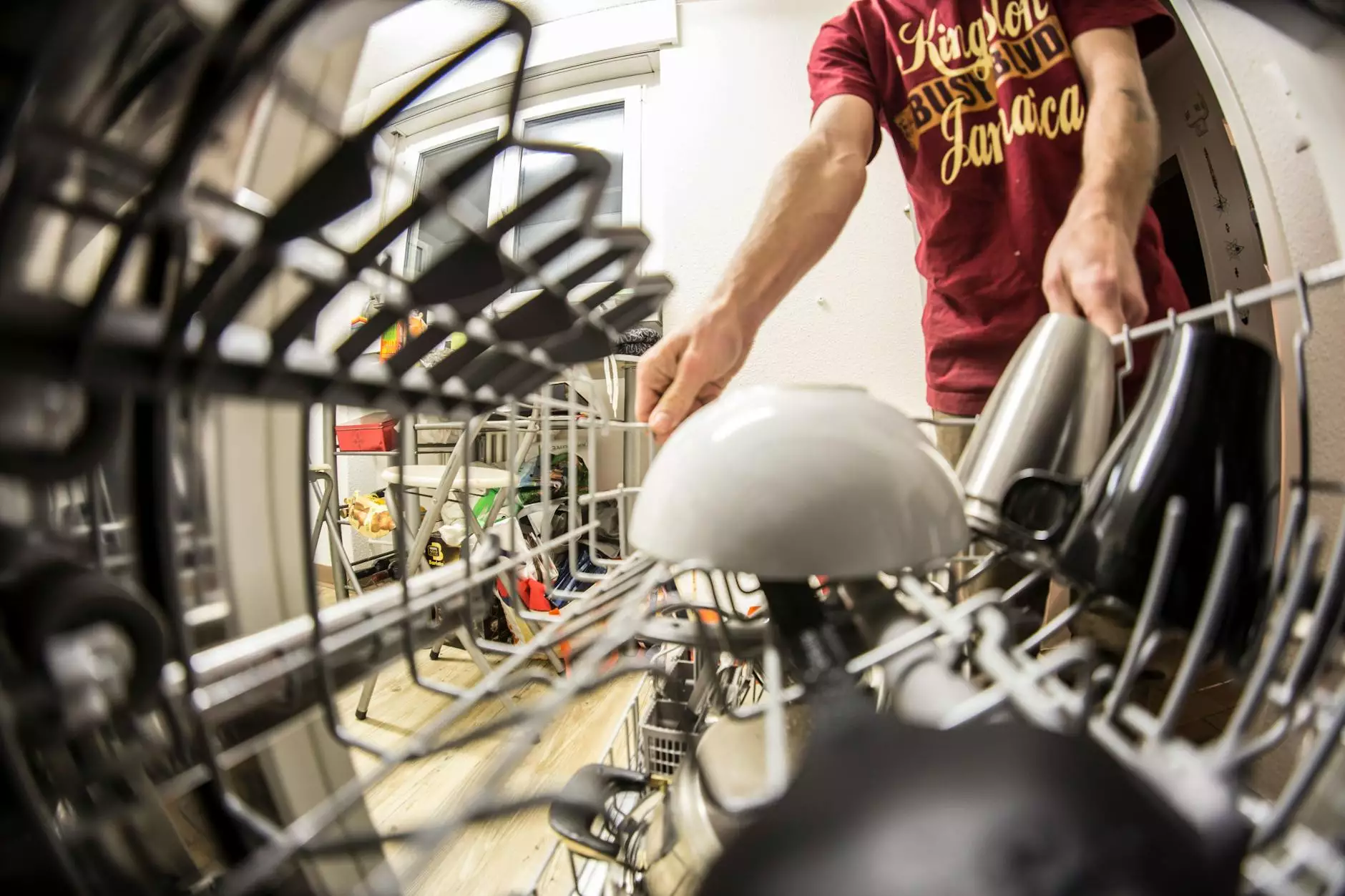The Importance of Consulting a Lung Doctor for Optimal Health

The human body relies on a complex system of organs and processes to function properly, and respiratory health is one of the crucial areas that should never be overlooked. When we talk about respiratory health, one important figure in the healthcare landscape is the lung doctor. This article will delve deep into the significance of consulting a lung doctor, the various roles they play, and why their expertise is vital for everyone—from athletes to individuals with chronic respiratory conditions.
Understanding the Role of a Lung Doctor
A lung doctor, also known as a pulmonologist, specializes in diagnosing and treating diseases of the respiratory system. This includes but is not limited to conditions such as asthma, chronic obstructive pulmonary disease (COPD), pneumonia, and lung cancer. Their skill set also extends to assisting patients with sleep apnea and environmental allergies that affect respiratory health.
Specializations Within Pulmonology
Pulmonologists may focus on various aspects of lung health, including:
- Critical Care Medicine: Managing patients with severe respiratory failure.
- Sleep Medicine: Diagnosing and treating sleep-related breathing disorders.
- Interventional Pulmonology: Utilizing advanced techniques to treat issues like lung cancer.
- Pediatric Pulmonology: Focusing on lung health in children.
Why You Should See a Lung Doctor
There are numerous reasons to consider a visit to a lung doctor, particularly if you are experiencing any respiratory issues. Here are some compelling reasons:
Chronic Respiratory Conditions
If you are suffering from chronic conditions such as asthma or COPD, regular consultations with a lung doctor are essential. These specialists can help you manage your symptoms effectively, ensuring a better quality of life.
Preventative Care
Many people may not exhibit symptoms of lung disease until it is too late. Regular check-ups with a lung doctor can help in early diagnosis, potentially preventing chronic conditions from developing or worsening.
Specialized Testing
Lung doctors have access to specialized tests that can offer insights into your respiratory health, including:
- Pulmonary Function Tests: Measure lung capacity and functionality.
- Imaging Studies: X-rays, CT scans, or MRIs that help visualize lung structures.
- Bronchoscopy: A procedure allowing inspection of the airways for abnormalities.
The Importance of Physical Therapy in Lung Health
The intersections of physical therapy and lung health are critical for recovery and maintaining wellness. Physical therapists often collaborate with lung doctors to design rehabilitation programs specifically tailored for patients with respiratory issues.
Benefits of Physical Therapy for Lung Patients
Here are some notable benefits of physical therapy for those with lung diseases:
- Improved Breathing Techniques: Instruction on diaphragmatic breathing can enhance lung efficiency.
- Increased Endurance: Exercises designed to improve overall stamina.
- Enhanced Mobility: Reducing the likelihood of a sedentary lifestyle, which can worsen lung conditions.
How Sports Medicine Collaborates with Lung Health
In the world of sports medicine, the collaboration between a lung doctor and sports physiologists can play a pivotal role in an athlete's performance. Athletes often face significant respiratory demands, and understanding how to manage lung health is crucial.
Respiratory Assessment for Athletes
A thorough evaluation by a lung doctor can help athletes strengthen their respiratory capabilities, which is essential for enhancing performance. Effective interventions might include:
- Asthma Management Plans: Personalized action plans to ensure athletes can compete without restrictions.
- Respiratory Training: Exercises that can improve lung capacity and efficiency.
- Recovery Strategies: Techniques that can minimize the risk of respiratory complications after intense workouts.
Maintaining Healthy Lungs in Everyday Life
Good lung health is not only the responsibility of medical professionals but also of individuals. Here are some lifestyle choices to maintain healthy lungs:
Quitting Smoking
Smoking is the leading cause of preventable lung diseases. If you are a smoker, seeking help from lung doctors can provide the support necessary to quit and enhance your lung health.
Healthy Diet
A balanced diet rich in antioxidants can help protect your lungs. Foods high in omega-3 fatty acids, vitamins C and E, and zinc can contribute significantly to lung function.
Regular Exercise
Engaging in regular physical activity can strengthen your respiratory muscles, improve lung capacity, and boost overall health. Aim for at least 30 minutes of moderate exercise most days of the week.
Recognizing When to Seek Help
It's essential to recognize when to consult a lung doctor. Consider visiting a specialist if you experience:
- Persistent Cough: Lasting more than three weeks.
- Shortness of Breath: Occurs more frequently than normal.
- Frequent Respiratory Infections: Such as bronchitis or pneumonia.
- Excessive Mucus Production: That is causing discomfort or difficulty breathing.
Conclusion
In conclusion, consulting a lung doctor is a vital part of maintaining optimal respiratory health. Whether you are dealing with chronic conditions, seeking preventative care, or striving to enhance athletic performance through better lung function, the expertise of a lung specialist is irreplaceable. Furthermore, integrating physical therapy and sports medicine approaches can lead to improved outcomes in managing respiratory health. Remember to be proactive about your lung health by making informed lifestyle choices and seeking help when necessary. Your lungs are crucial to your health—treat them with the care and attention they warrant.
Contact Information
If you’re looking to improve your lung health or need professional advice, contact the team at Hello Physio to connect with experienced lung doctors and healthcare professionals.









